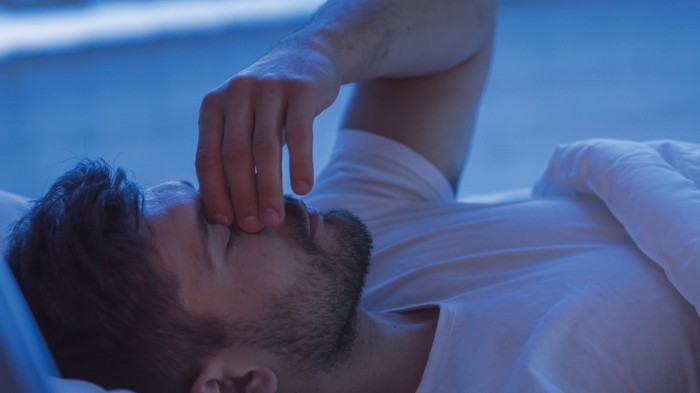Therapy Of Grief, Anxiety And Work
Insomnia can be a sleep issue by which everyone is unable to go to sleep or stay asleep. Most Australians experience insomnia at some point in their lives, contributing to 1 in 10 individuals have at least mild insomnia at any time. It is more prevalent in women and older people.

Insomnia range from:
difficulty getting to sleep
getting out of bed during the night all night . trouble rediscovering the reassurance of sleep
getting out of bed too soon
Sometimes people experience all three.
Some individuals experience insomnia for a short time, as an example if they’re worried or stressed. But sometimes insomnia is chronic (called chronic insomnia disorder), meaning everyone has trouble falling or staying asleep for around 3 months, together with being impaired throughout the day.
What are the symptoms of insomnia?
People experience insomnia differently. A few of the symptoms of insomnia are:
having problems drifting off to sleep
waking a whole lot when asleep
waking up prematurily . and not being able to go back to sleep
not feeling refreshed when you awaken
Insomnia can lead to the subsequent symptoms throughout the day:
tension headaches
feeling tired or just being too sleepy to perform normal activities
difficulty in remembering things and concentration
being concerned about sleeping
feeling irritable or moody
being hyperactive, aggressive or impulsive
losing interest in doing things
reduced energy and motivation
feeling sleepy when sitting quietly
The causes of insomnia?
Sometimes there is no underlying cause of insomnia. This is what’s called primary insomnia.
Sometimes it has an underlying cause say for example a overall health condition, anxiety, depression or sleep disorder. This is known as secondary insomnia.
Insomnia could possibly be worsened by:
poor sleep habits (sleep hygiene)
substances including caffeine, nicotine, alcohol, amphetamines and some prescription medicines
stress, due to work or financial problems, relationship issues or grief
health concerns, in particular conditions causing pain, hormone changes (e.g. hot flushes and night sweats during menopause), and breathing, urinary or flatulence
mental health issues – insomnia can be quite a manifestation of anxiety, depression or other disorders
sleep problems, including obstructive sleep apnoea, circadian rhythm disorders due to irregular sleep patterns, restless legs syndrome and periodic limb movement
life stage – seniors may have insomnia
shift work – people that work different shifts often usually do not sleep and also people that work set hours during the day
When do i need to see my doctor?
It is a wise decision to visit your doctor in case you are having problems sleeping or else you are having issues with your mood, feeling restless during sex, snoring badly or waking up not feeling refreshed. Keeping a sleep diary is a good approach to track symptoms, which you’ll want to tell your overall health professional.
We apply CBT-I to solve your insomnia problems quickly. Do you experience feeling tired as a result of insomnia? Do you hate planning to work? Do you feel anxious inside your relationships? Buy your life last 6 sessions, and without chemistry. We greet you online, from the ease your cocoon, including on weekends on your outings. CBT-I (CBT-I), Cognitive-Behavioral Therapy for Insomnia, can be an advanced scientific method with demonstrated effectiveness in a popular.
State-licensed psychologist (France), university degree in neuropsychology, certified hypnotist (France), Ecole Normale Superieure d’Ulm graduate, Columbia University visiting student.
To get more information about mattress just go to this popular web site
